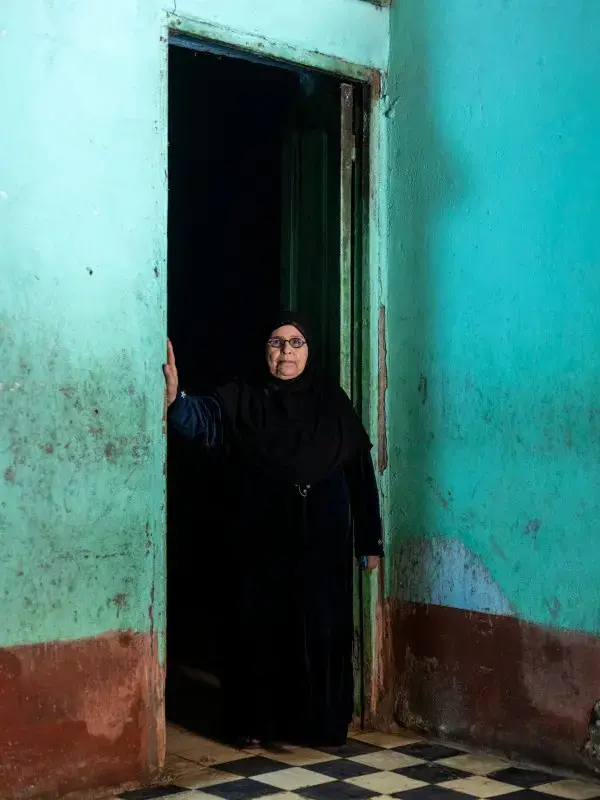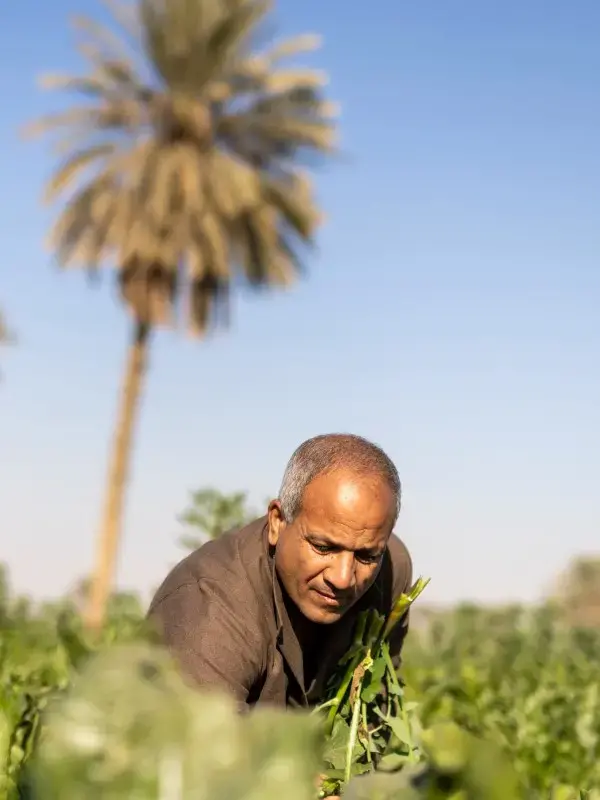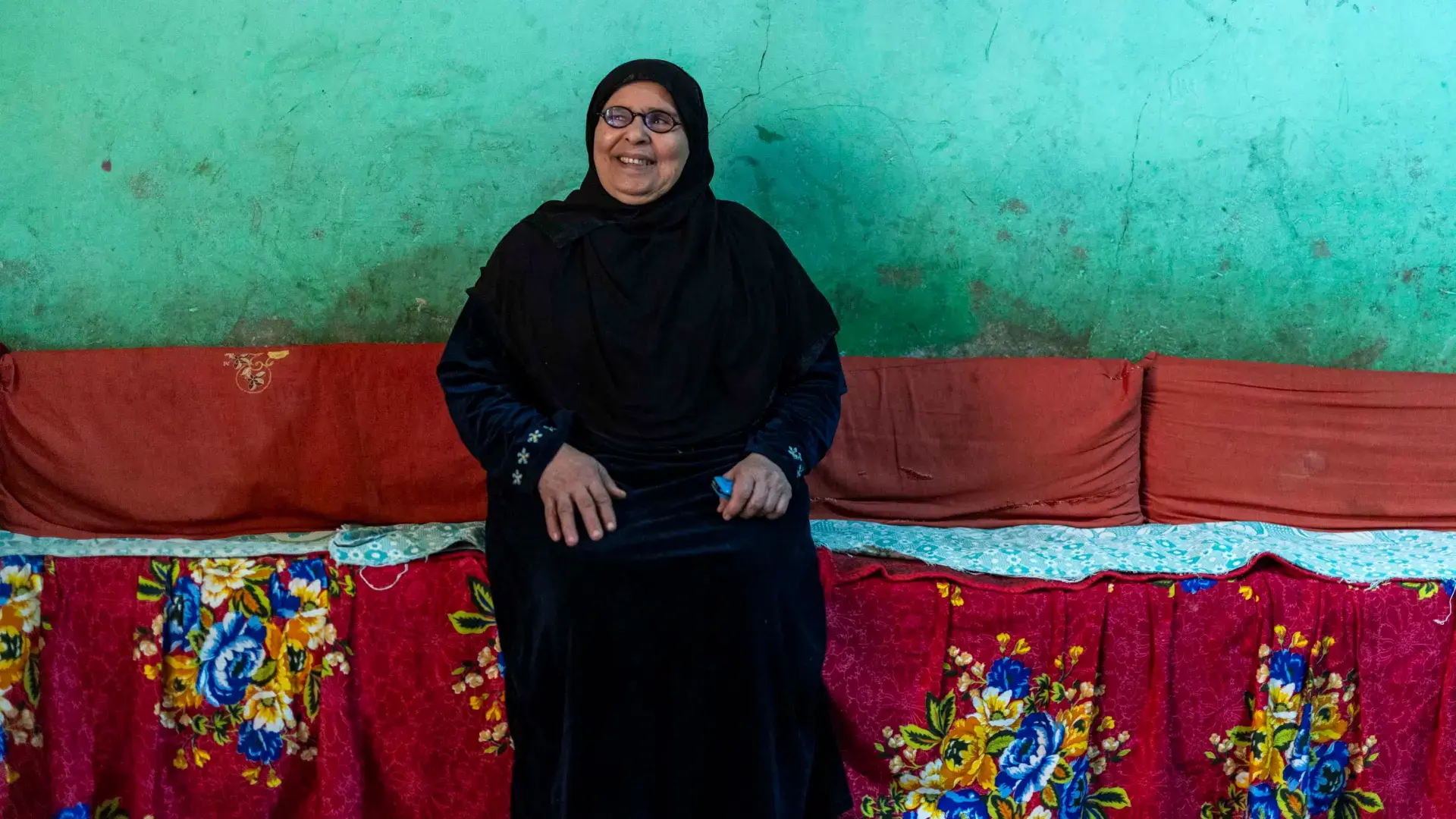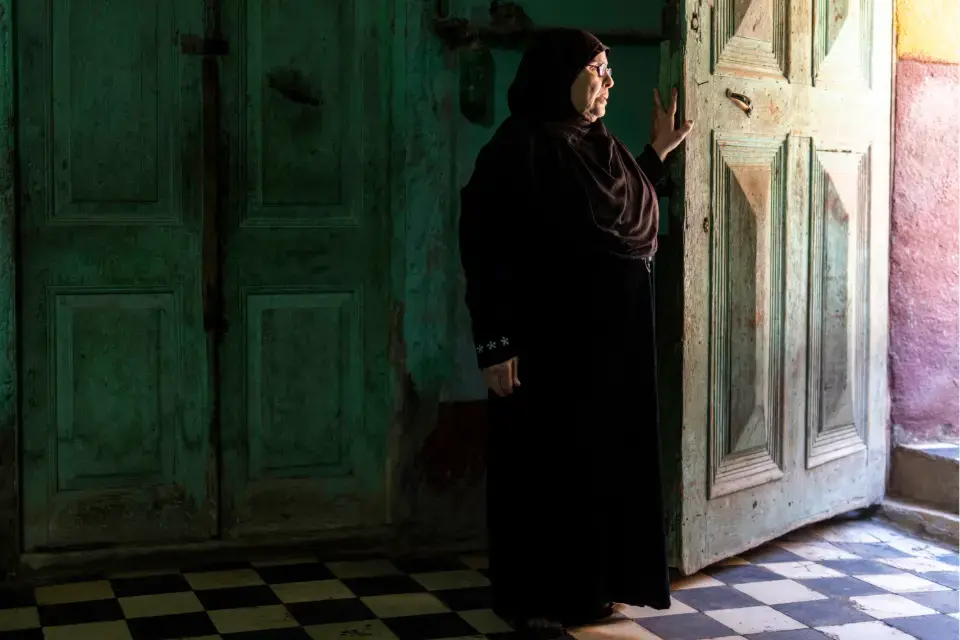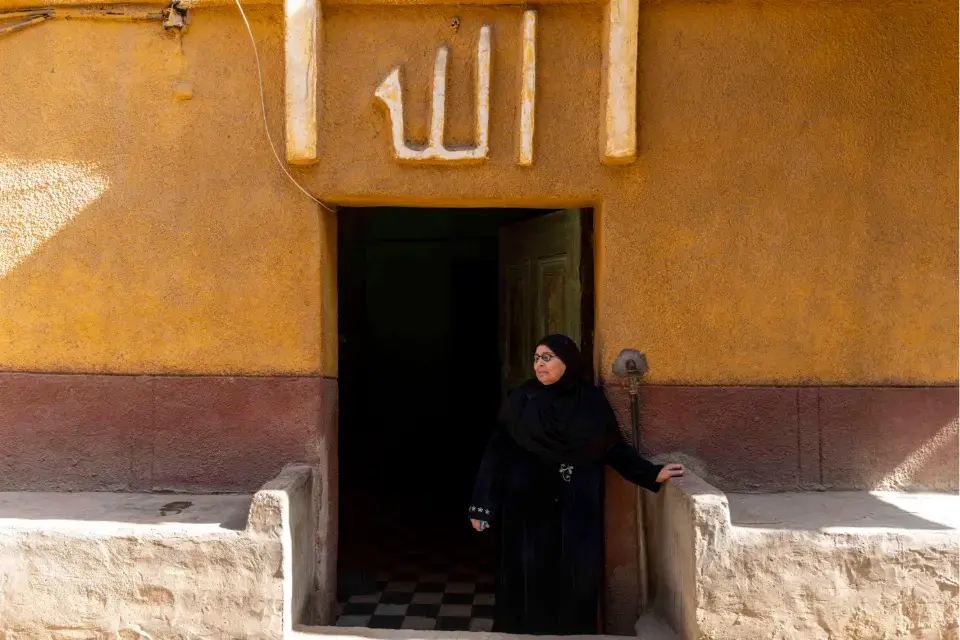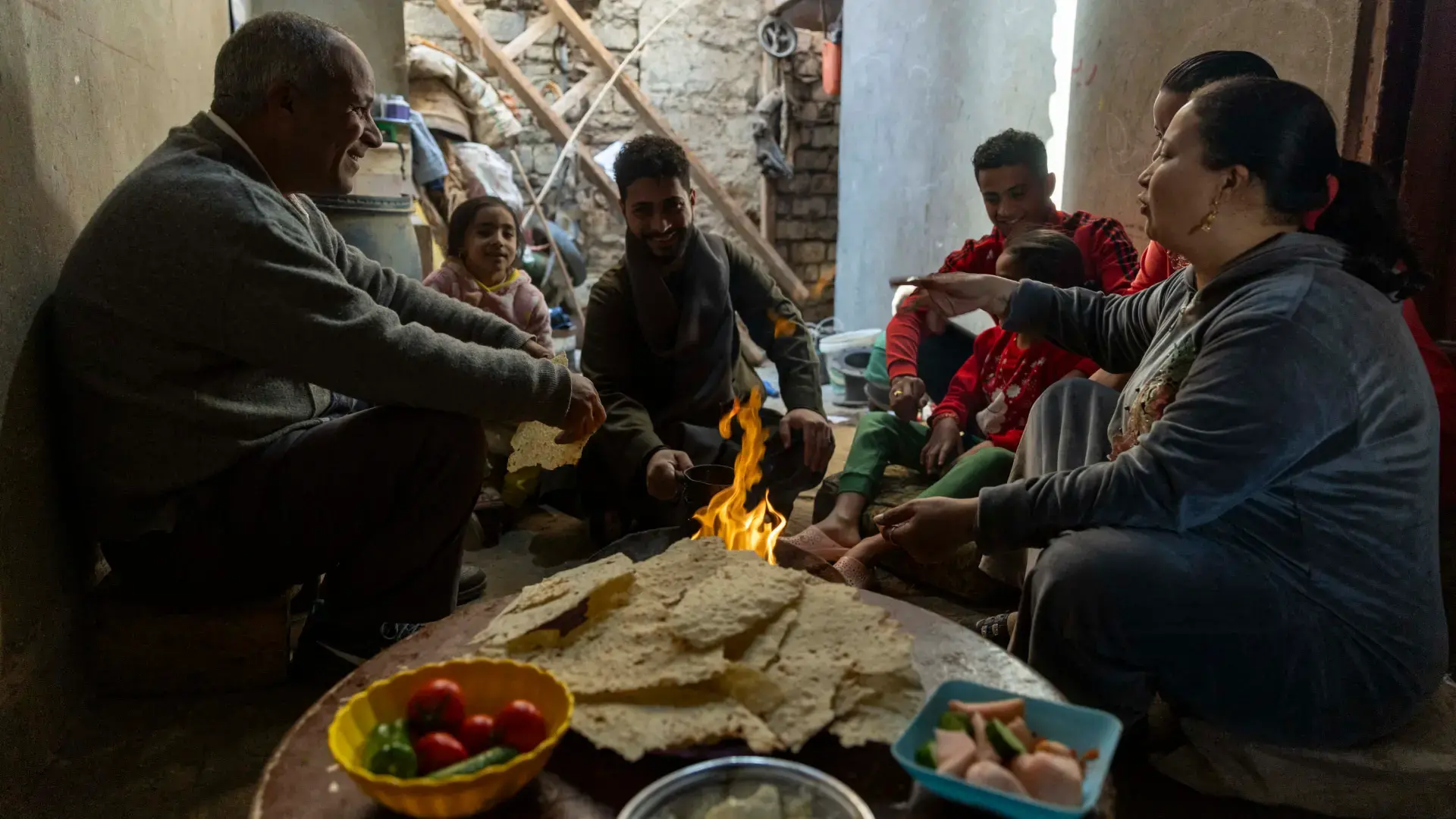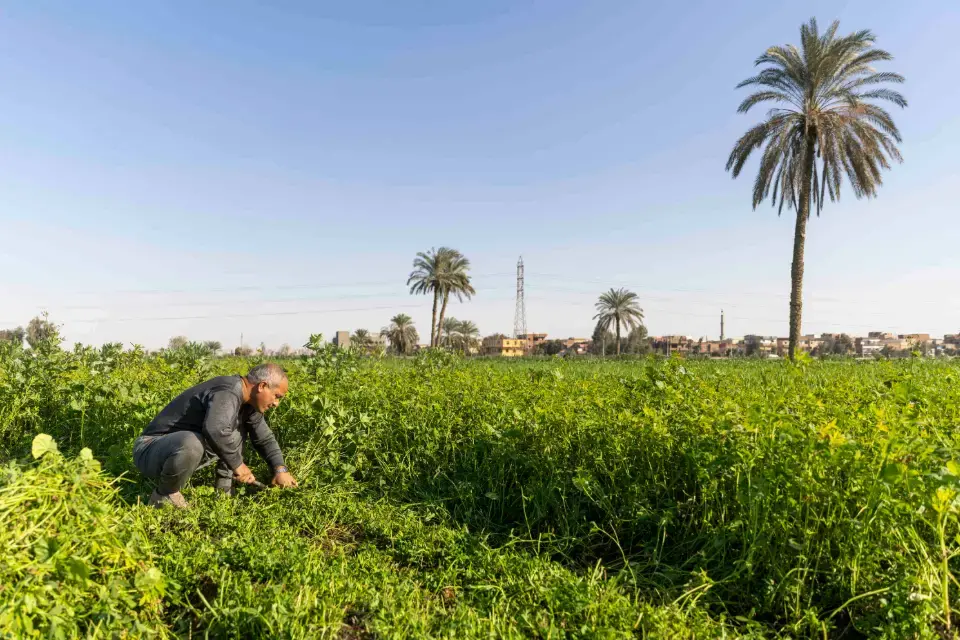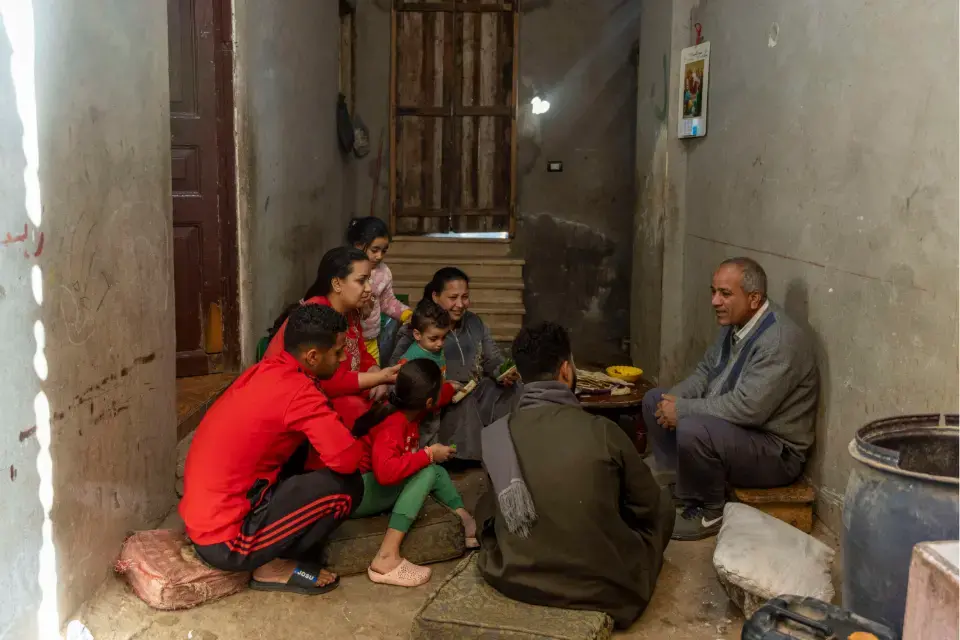Photos
Confronting FGM with inter-generational dialogues
Under the umbrella of the UNFPA-UNICEF Joint Programme on the Elimination of Female Genital Mutilation (FGM), UNFPA Egypt adopted the Generation Dialogue methodology to initiate social and behavioral change within communities with a focus on FGM, with the support of the Royal Norwegian Embassy in Cairo, and in partnership with Care.
The generation dialogue is a long-term methodology that aims at investing in community members' capacities to come up with dialogue champions that act as agents of change and roll out intergenerational dialogues in their communities to bridge the gap between young and elder groups of men and women, boys and girls.
The Generation Dialogues is a tool used for changing norms around harmful practices for accelerating its abandonment, building on an approach that allows local communities to express the underlying dilemmas and values that lead them to continue to support a practice which they know to be harmful.
These are the stories of Dialogue Champions in Minya.
Photo credit: Roger Anis/UNFPA Egypt

